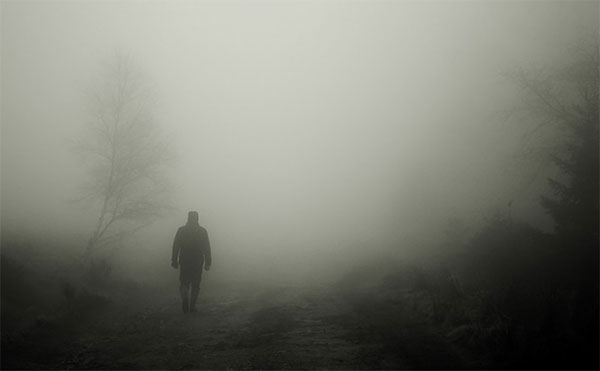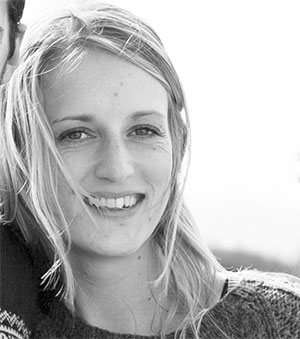
How do I trust God when I’m no longer convinced he even exists?
How do I stop myself from being swallowed whole by the fear and despair that can come from seriously rethinking my beliefs?
How do I pray when it seems like there’s probably no-one listening?
Can my faith survive this?
If you have ever asked questions like these, I hope you know that you are not alone.
If your doubts become so overwhelming that you wonder if you are losing your faith altogether, then you are in good company.
Having serious doubts about the faith that has been a (possibly the) central part of your life can be unsettling, confusing, and scary.
I don’t know many things for sure these days, but I am fairly certain that it’s possible to have an authentic, healthy, and soul-nourishing faith while also being a skeptic. I continue to wrestle with these questions almost daily, but I no longer fear that I am losing my faith. I actually think these questions are a valuable part of my faith.
One of the biggest shifts in my thinking has been the realization that faith is not supposed to be about having strong beliefs.
It’s still a widespread assumption that being a Christian is mostly about what you believe. Of course, how you choose to live is important — there are very few Christians who would deny that. But it seems to me that what matters most to the majority of Christians is believing certain doctrinal statements. If you accept these statement as fact, you are saved; not by doing good works, but by asserting the validity of a particular set of intellectual propositions.
I’m not saying beliefs don’t matter at all. What we believe to be true drastically affects how we live our lives. It’s just that when we’re talking about things like God and the nature of reality and the future of the cosmos, we can never really know, can we? We are human beings, by definition limited in our capacity to understand such things.
It’s fine (and necessary) to have ideas and theories and doctrines about God, provided we remember that as long as they are contained within language and can fit neatly into human brains, they are utterly inadequate. A human claiming to understand God is not dissimilar to a fruit fly landing on the tail of a Boeing 747 and claiming to understand the intricacies of aeronautical engineering.
(This may seem obvious to some, but it took me a long, long time to come to this realization).
Once I started letting go of intellectual beliefs as the center of my faith, things started to get decidedly foggy. My beliefs had been a sturdy framework on which to build my life; an interpretive lens through which I made sense of the world. When those beliefs started to shake and evolve, it was unnerving, to say the least.
I’ve asked about every troubling question you can imagine, and yet my faith remains intact. It’s a lot less comfortable than before, and in some ways barely recognizable, but it’s also deeper, richer, and more authentic. It’s constantly changing too, which can be exhausting, but also kind of exhilarating.
Experiencing serious doubt and skepticism can be tough, scary, and depressing, but it doesn’t necessarily mean you’re losing your faith. It could be the first step into a deeper, richer, more authentic faith.
You can take the plunge and face the difficult questions head on. Your faith might change beyond recognition, but it can survive.
Photo via Pixabay.
 About Emma Higgs
About Emma Higgs
Emma Higgs lives with her husband and two toddlers in Plymouth, England. When she finds a minute, she blogs about progressive theology and mental health, amongst other things, at www.emmahiggs.com. Find her on Facebook and Twitter.